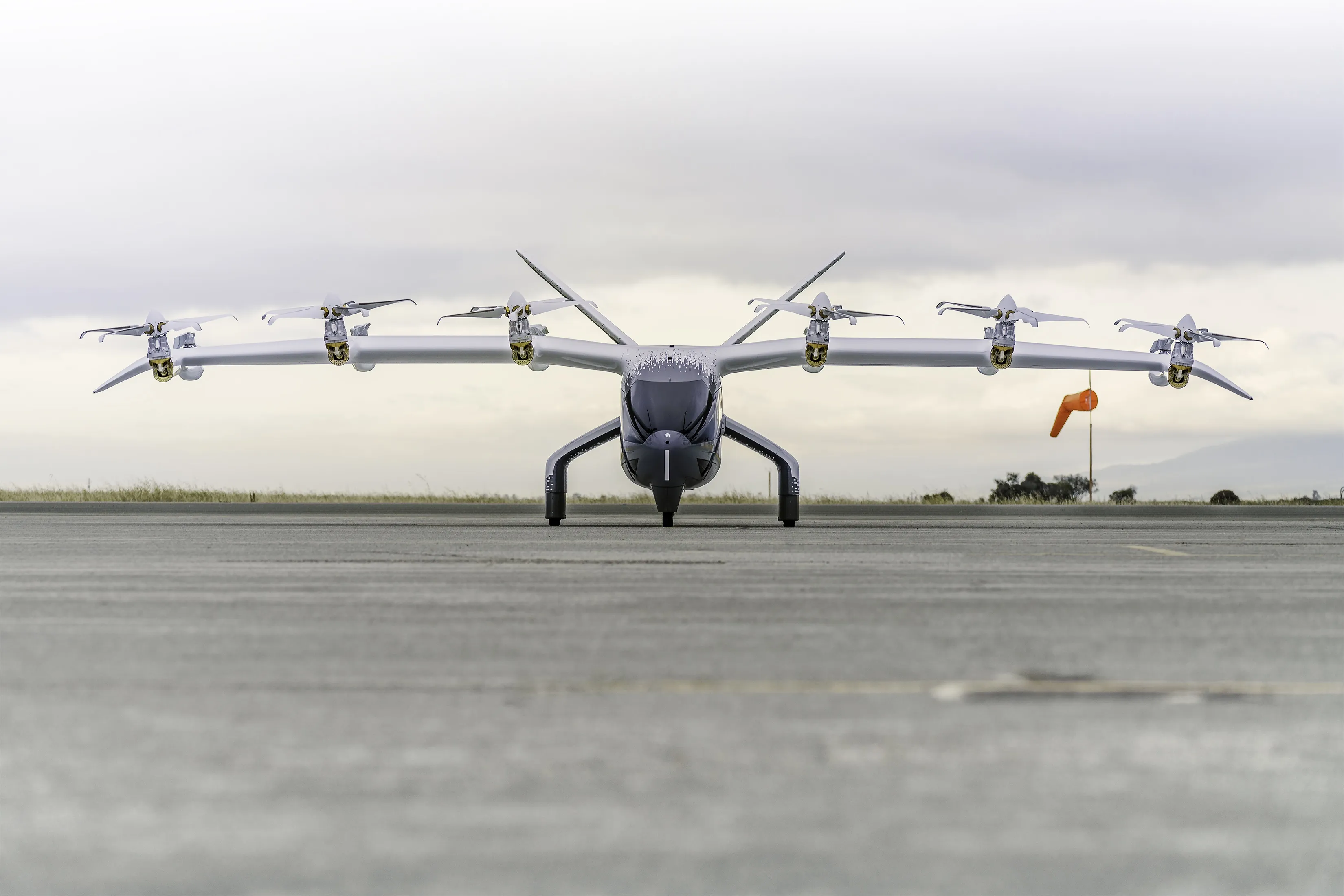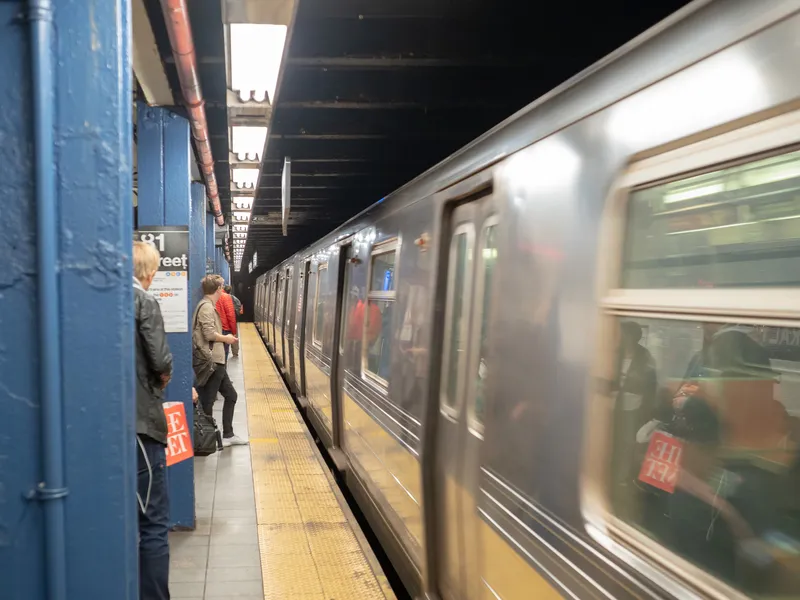Heavy-duty electric transportation manufacturer Proterra is to supply Raleigh-Durham Airport (RDU) Authority in the US with four Proterra Catalyst E2 zero-emissions battery-electric transit buses and related charging infrastructure.
Currently, RDU has 14 diesel-powered transit buses that are replaced every 7-10 years. The new buses will replace four older diesel buses on trips between the airport’s two ParkRDU Economy lots and terminals.
August 18, 2017
Read time: 1 min
Heavy-duty electric transportation manufacturer Proterra is to supply Raleigh-Durham Airport (RDU) Authority in the US with four Proterra Catalyst E2 zero-emissions battery-electric transit buses and related charging infrastructure.
Currently, RDU has 14 diesel-powered transit buses that are replaced every 7-10 years. The new buses will replace four older diesel buses on trips between the airport’s two ParkRDU Economy lots and terminals.









